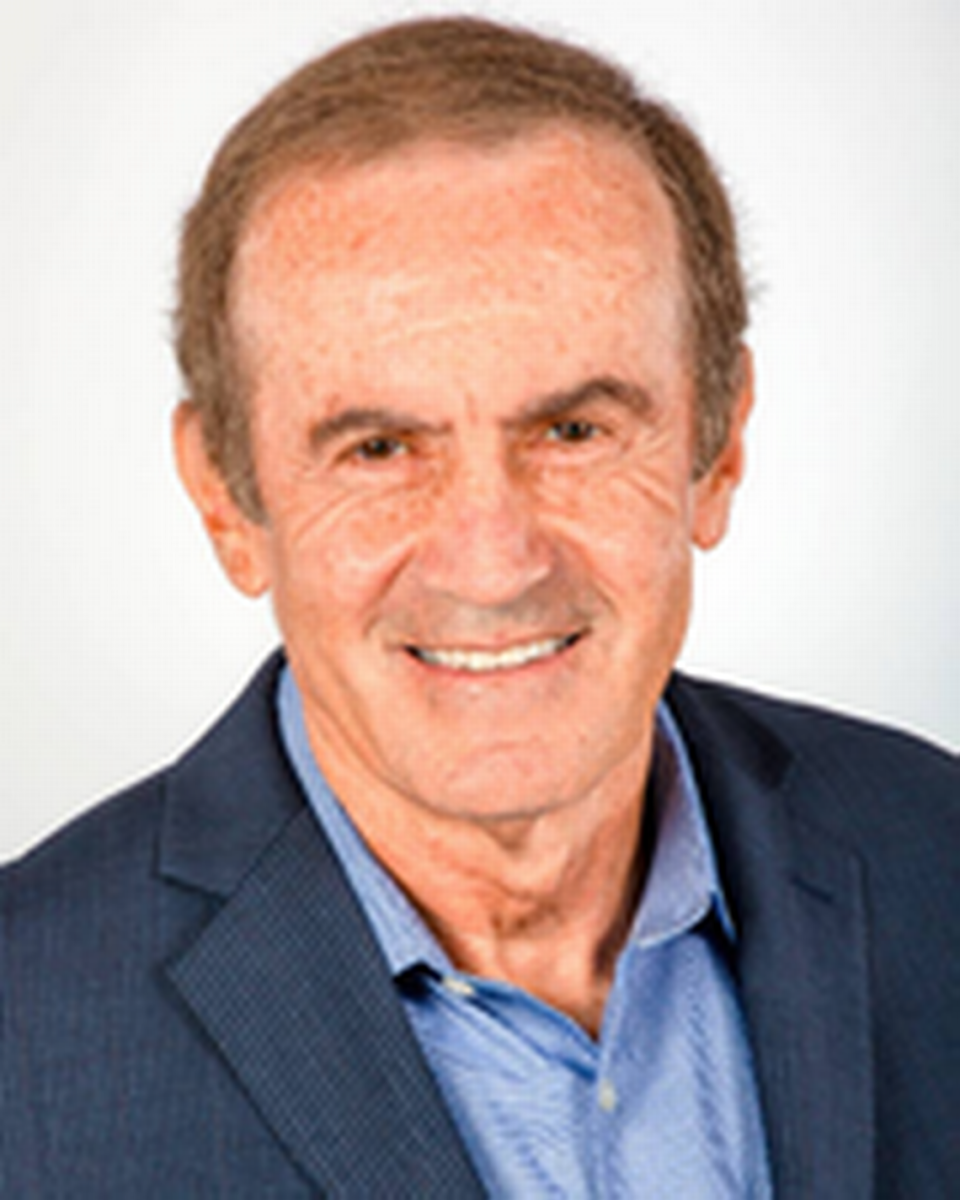The lesson of Ecuador’s outburst of violence: don’t negotiate with drug gangs | Opinion
The explosion of drug-related violence in Ecuador should be a stark reminder for Mexico, Colombia and other Latin American countries that making peace deals with organized crime groups rarely works. On the contrary, it most often emboldens the drug gangs and allows them to become formidable criminal armies.
There are many causes that led to Ecuador’s current wave of violence, but some of the most important ones stem from Ecuador’s former leftist populist leader Rafael Correa’s truce with drug gangs, and his 2009 expulsion of the U.S. anti-drug monitoring base in Manta.
The current wave of violence that is rocking Ecuador drew world attention on Jan. 9, when a group of armed men took over the TC TV station in Guayaquil in what witnesses said was an effort to broadcast a live message “not to mess with the mafias.”
The masked gunmen, who were arrested after police stormed the TV station, acted after two drug kingpins had escaped from prison in an apparent reaction to President Daniel Noboa’s decision to place drug kingpins in maximum security prisons.
Prisoners around the country have since taken more than 100 prison guards and staff hostage, and there have been attacks on police in several cities. Noboa has declared a “state of war” and ordered the military to crack down on 22 drug-related “terrorist organizations” that it says have more than 20,000 members.
But Ecuador’s security crisis has been brewing for a long time. Last year, Ecuador became one of the most violent countries in Latin America. Murder rates are now eight times higher than only five years ago. A presidential candidate, Fernando Villavicencio, was killed while campaigning for last year’s elections.
The Biden administration announced that General Laura Richardson, head of the U.S. Southern Command, will travel to Ecuador in coming weeks to offer assistance to the Ecuadorian government.
Most security experts agree that Ecuador’s descent into lawlessness started with several ill-conceived policies from the 2007-2017 Correa administration.
Correa, a close ally of Venezuela and Cuba’s dictatorships who is now in exile after being convicted for massive corruption, struck a peace agreement with the Latin Kings drug gang, and ordered the closing of the U.S. anti-drug monitoring base of Manta.
He said at the time that he would buy foreign-made drones to monitor cross border drug shipments, but the unmanned planes never arrived or were never deployed.
“When Correa decided to expel the U.S. Manta base citing national sovereignty reasons, he didn’t replace it with anything,” former Ecuadorean Vice President Otto Sonnenholzner told me. “He left Ecuador’s Pacific coast and its ports totally uncovered.”
In addition, Correa launched a “ciudadano universal” (universal citizenship) immigration policy whereby people from all over the world could move to Ecuador without the need to disclose their criminal records in their countries of origin.
“That immigration policy was a key factor that led to what we’re seeing today,” says Douglas Farah, head of IBI consultants, a security consulting firm specializing in Latin America. Ecuador’s lax immigration policy drew Colombian, Mexican, Albanian, Slovenian and Italian mafias to set up operations in Ecuador, he told me.
Foreign mafias now use Ecuador as a convenient drug trans-shipment and logistics place because the country is sandwiched between Colombia and Peru, two of the world’s leading coca producers. And Ecuador uses the U.S. dollar as its official currency, which makes it easier to launder drug money.
Correa, who remains a political force in Ecuador, was quick to announce in social media his support for Noboa’s emergency measures to crack down on the drug mafias. But critics say the former president is just trying to clean up the mess he created.
It won’t be easy to restore law and order in Ecuador. Sonnenholzner told me that “no country can fight this battle unilaterally, because it is a regional problem that can only be solved regionally.”
I agree. But it’s also clear that no country can win this battle striking deals with the drug mafias, or relaxing the pressure on them. What’s happening in Ecuador has happened before in Colombia and Mexico, and will happen again unless they crack down on criminal gangs.
Don’t miss the “Oppenheimer Presenta” TV show on Sundays at 9 pm E.T. on CNN en Español. Blog: andresoppenheimer.com



